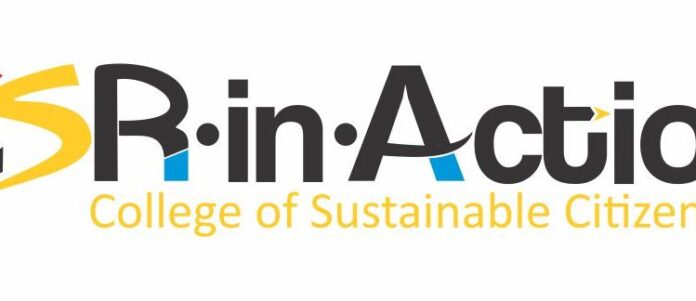Stakeholders have highlighted the need for urgent policy implementation in the extractive industry, even as they urged the government to involve mediating organisations to do so.
They maintained that policy implementation on issues around environment and energy was crucial to realising economic viability.
The stakeholders stated this at the 12th Sustainability in the Extractive Industries (SITEI) conference, hosted by CSR-in-Action Group in Lagos, recently.
The event had experts across African region shared their thoughts on the conference theme, ‘The SDGs and the Extractive Sector: Aligning Governance, Policies, and Practices’.
Stressing policy implementation, the Co-Head, Energy and Resource Practice at Templars, Dayo Okusami, said this was crucial to economic growth particularly from the context of environment and the energy transition.
He said, “Effective policy implementation pivots on economic viability that caters to both consumers and suppliers. Our dedication to this transition must exhibit a steadfast and enduring nature.”
For the Head of Business Ethics at the Nigeria National Petroleum Corporation (NNPC), Murjanatu Gamawa, current global landscape has made transitioning to cleaner energy sources unnegotiable, calling on government to take action on the Paris Agreement which Nigeria happens to be a signatory.
Earlier, the Chief Executive of CSR-in-Action, Bekeme Masade-Olowola, said the organisation was out to facilitate collaboration that would smoothen implementation of government’s policy around sustainability.
“The transition to clean and renewable energy is driven not only by a commitment to public health but also by its potential to generate jobs and stimulate economic growth, creating a cleaner and more sustainable environment,” he said.
The conference culminated with the unveiling of a research work on the progress of the Petroleum Industry Act (PIA) within host communities.





















